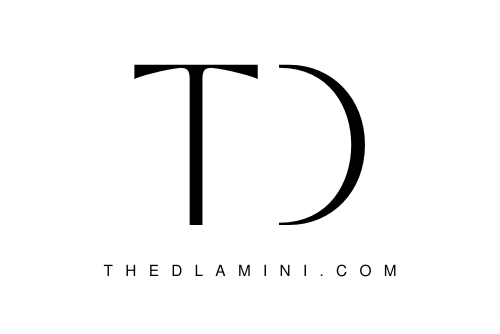Even if you’re running your own business in Namibia, it’s still possible that you might need to renew your business license on a regular basis, usually every two years. In addition to this, you may also want to transfer the ownership of your business over to someone else—a parent or an employee, for example—so that they can take over the operation of the company in your absence. Either way, here’s what you need to know about the change of ownership costs in Namibia and how to go about handling this process.
What Is a Change of Ownership Cost?
A change of ownership is a transaction that involves the transfer of title from one person or organization (called the old owner) to another person or organization (called the new owner). For example, if John sold his grocery store for $1 million and accepted $800,000 cash and $200,000 cash worth of stock certificates as payment, he would have incurred a change-of-ownership cost.
A change-of-ownership cost can be broken down into three types: tangible costs, intangible costs, and capital gains taxes. Tangible costs are all expenses related to transferring the property, including brokerage commissions on both parties involved in the sale. Intangible costs are all other legal fees such as escrow fees or attorney’s fees.
Capital gains taxes are a tax levied on an individual when they sell any type of property at a profit, which includes real estate but also stocks and bonds; these tax rates will vary depending on how long you owned your property before selling it and your income bracket.
